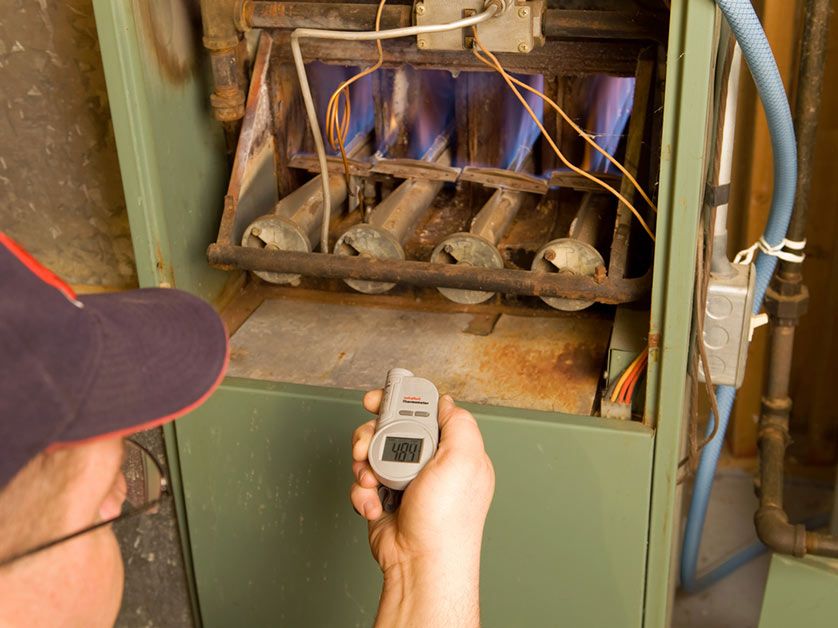Your heating system works hard to keep your home warm and comfortable, but it won't last forever. Knowing when to replace it is crucial for maintaining efficiency, safety, and comfort.
Here's what you need to know about the lifespan of heating systems and how to determine when it's time for an upgrade.
Average Lifespan of Heating Systems
Different heating systems have varying lifespans depending on their type, maintenance, and usage.
Furnaces: Typically last 15-20 years.
Heat Pumps: 10-15 years with regular use.
Boilers: Can last 20-30 years, but efficiency may decrease over time.
While these numbers are general guidelines, factors like maintenance and quality of installation significantly impact how long your system will last.
Signs It's Time to Replace Your Heating System
Even if your system isn't at the end of its expected lifespan, certain signs may indicate it's time for a replacement.
Rising Energy Bills: If your energy bills keep climbing despite regular maintenance, your system may be losing efficiency. Newer models can save money with advanced energy-saving features.
Frequent Repairs: Are you calling the repair technician more often than not? If repair costs exceed half the price of a new system, replacement is usually the better investment.
Inconsistent Heating: Cold spots or uneven heating throughout your home could mean your system is struggling to distribute warm air effectively.
Unusual Noises: Banging, rattling, or squealing noises are often signs of significant internal wear and tear.
Old Age: Even if it's still working, an old system may lack modern efficiency and safety features. Replacing it ensures you're not stuck with an emergency breakdown during winter.
Benefits of Upgrading Your Heating System
A new heating system offers multiple advantages.
Improved Energy Efficiency: Save on utility bills with high-efficiency models.
Enhanced Comfort: Modern systems provide better temperature control and air quality.
Fewer Repairs: Reduce the need for frequent and costly maintenance.
Eco-Friendly Heating: Advanced systems reduce your carbon footprint.
Tips to Extend the Life of Your Heating System
Schedule annual professional maintenance.
Replace air filters regularly.
Keep the system clean and clear of obstructions.
Address minor issues promptly before they become major problems.
Call a Professional
If your system is showing signs of age or inefficiency, contact D&J Heating and Air, LLC at (864) 562-8396 or fill out our online form to explore your options and find the perfect upgrade for your home.

